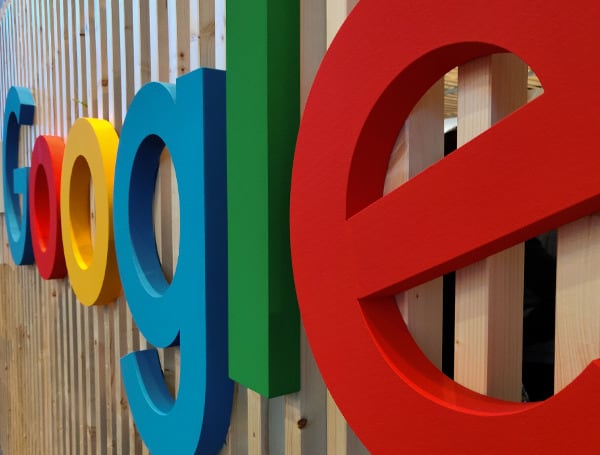In a significant setback for Alphabet’s Google, a federal judge on Thursday ruled that the tech behemoth illegally monopolized two key markets within the online advertising technology sector. The decision marks another major development in the U.S. government’s ongoing efforts to curb the power of tech giants and foster competition.
U.S. District Judge Leonie Brinkema, presiding in Alexandria, Virginia, concluded that Google unlawfully held monopolies in the markets for publisher ad servers and ad exchanges. Website owners use Publisher ad servers to manage and sell their advertising space, while ad exchanges act as marketplaces connecting buyers and sellers.
READ: New Jersey Sues Discord, Alleging Deceptive Safety Practices Put Children At Risk
However, Brinkema found that antitrust enforcers did not successfully demonstrate a monopoly in the market for advertiser ad networks.
This ruling could pave the way for prosecutors to push for a significant restructuring of Google’s advertising business.
The U.S. Department of Justice (DOJ), which brought the antitrust case, has explicitly stated that Google should be compelled to divest at least its Google Ad Manager suite. This suite encompasses both the company’s dominant publisher ad server and its ad exchange.
The implications of Judge Brinkema’s decision are far-reaching. Google now faces the prospect of potential asset sales or mandated changes to its business practices from two separate U.S. court cases. Next week, a trial is scheduled in Washington concerning the DOJ’s demand that Google sell its widely used Chrome browser and implement other measures to address its alleged dominance in the online search market.
READ: Border Czar Tom Homan Slams Dems Defending Alleged MS-13 Migrant As DOJ Releases Damning Evidence
Notably, Reuters reported last September that Google had previously considered selling off its ad exchange as a concession to European antitrust regulators.
Judge Brinkema’s ruling follows a three-week trial held last year, which involved claims brought by the DOJ and a coalition of states. During the trial, prosecutors argued that Google employed “classic monopoly-building tactics.”
These tactics allegedly included acquiring competitors, locking customers into its ecosystem of products, and exerting control over the transaction processes within the online advertising market.
In its defense, Google contended that the case primarily focused on past practices, emphasizing the company’s ongoing efforts to ensure its tools can connect with those of its competitors.
Google’s legal team also argued that prosecutors had overlooked the significant competition posed by other technology companies such as Amazon.com and Comcast, particularly as digital advertising spending increasingly shifts towards mobile applications and streaming video platforms.
Please make a small donation to the Tampa Free Press to help sustain independent journalism. Your contribution enables us to continue delivering high-quality, local, and national news coverage.
Connect with us: Follow the Tampa Free Press on Facebook and Twitter for breaking news and updates.
Sign up: Subscribe to our free newsletter for a curated selection of top stories delivered straight to your inbox.
